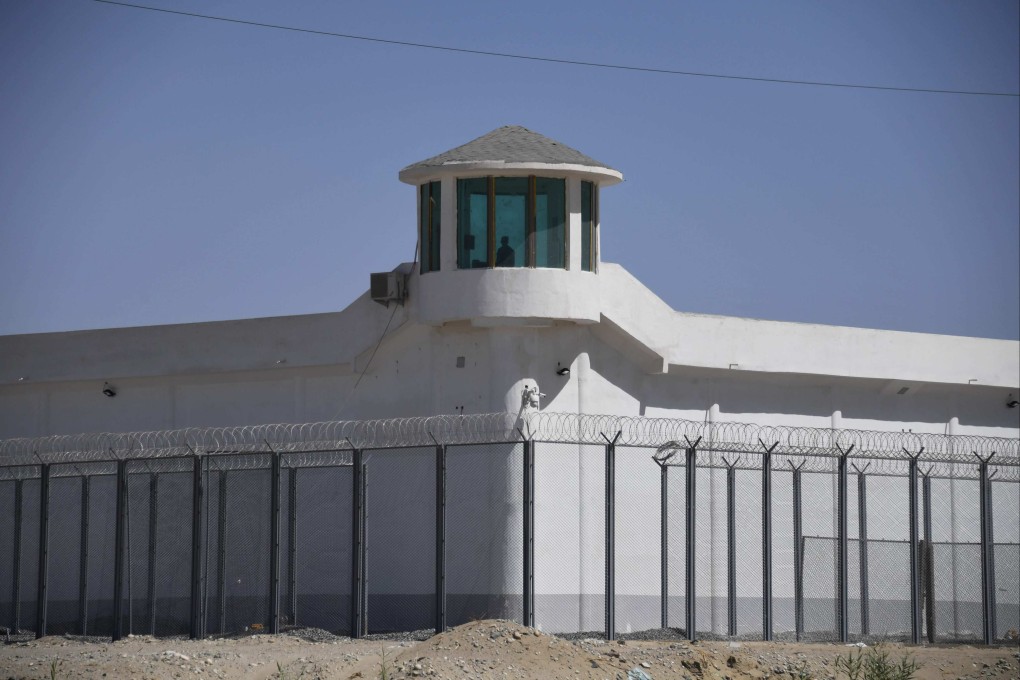Advertisement
China-Germany economic ties shift with Xinjiang allegations, zero Covid and supply chain issues
- Lawmakers, business figures and analysts say a combination of issues has led to a re-evaluation of Berlin’s ties with Beijing
- Pandemic is a cautionary tale for German companies that rely too much on a single market, where the political priorities of one man can override all else
Reading Time:3 minutes
Why you can trust SCMP
18

When German Chancellor Olaf Scholz took office last year, he told Chinese President Xi Jinping that Germany would deepen economic ties with China “in the spirit of mutual respect and mutual trust”.
Advertisement
But over the past few months, a wind of change has begun blowing over Berlin’s relationship with Beijing, just as its foreign ministry constructs a new China strategy.
This comes in light of China’s obfuscation over Russia’s actions in Ukraine, its zero-Covid strategy, which has frustrated businesses, and its alleged persecution of the Uygur people in Xinjiang.
Last month, the German economic ministry declined to provide carmaker Volkswagen guarantees to insure new investments in China because of the country’s alleged human rights violations in the Xinjiang region in northwestern China.
While China has repeatedly denied these accusations, German Economy Minister Robert Habeck said Germany was actively working to diversify and reduce its dependency on China.
Advertisement

Advertisement
